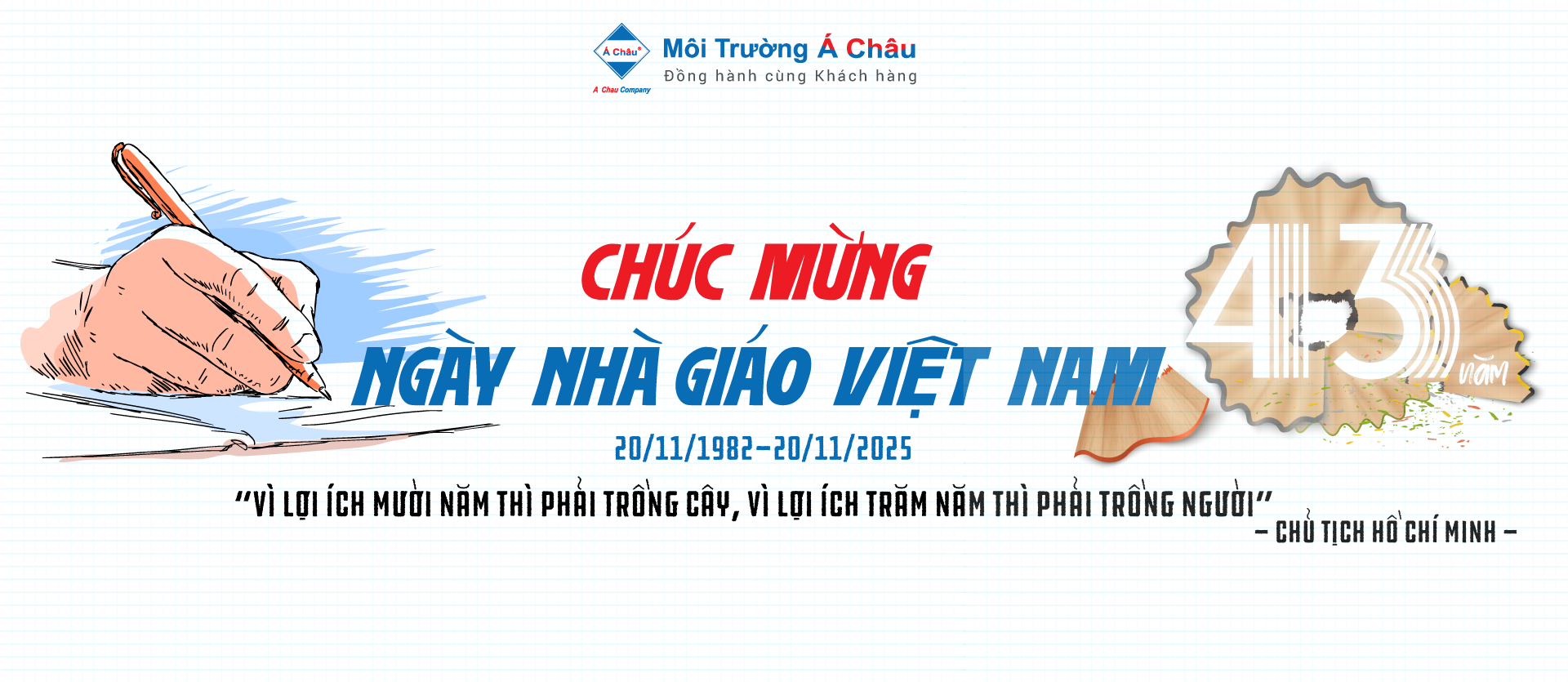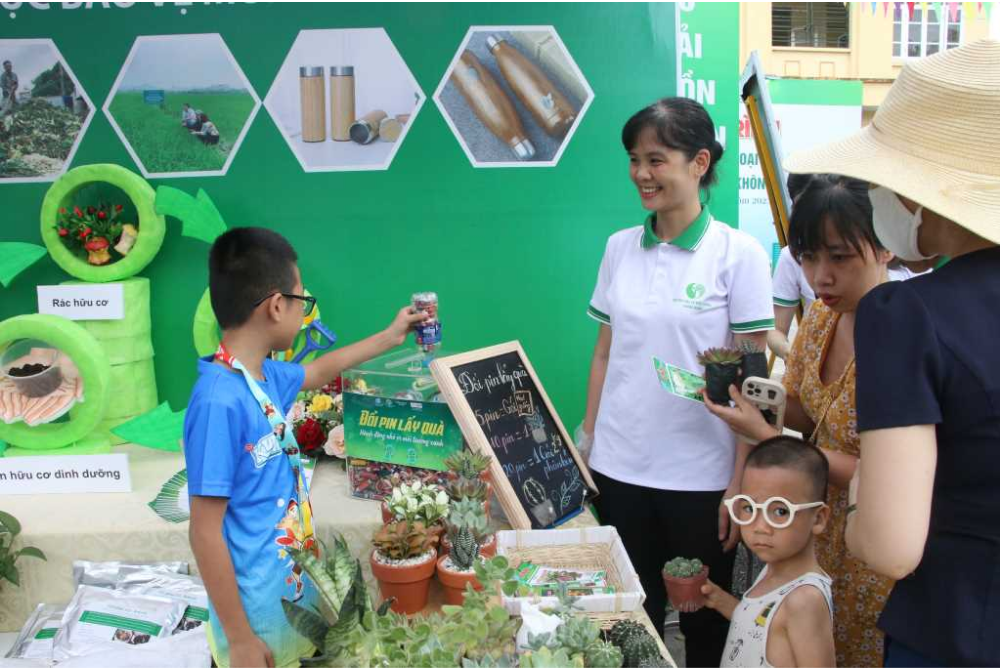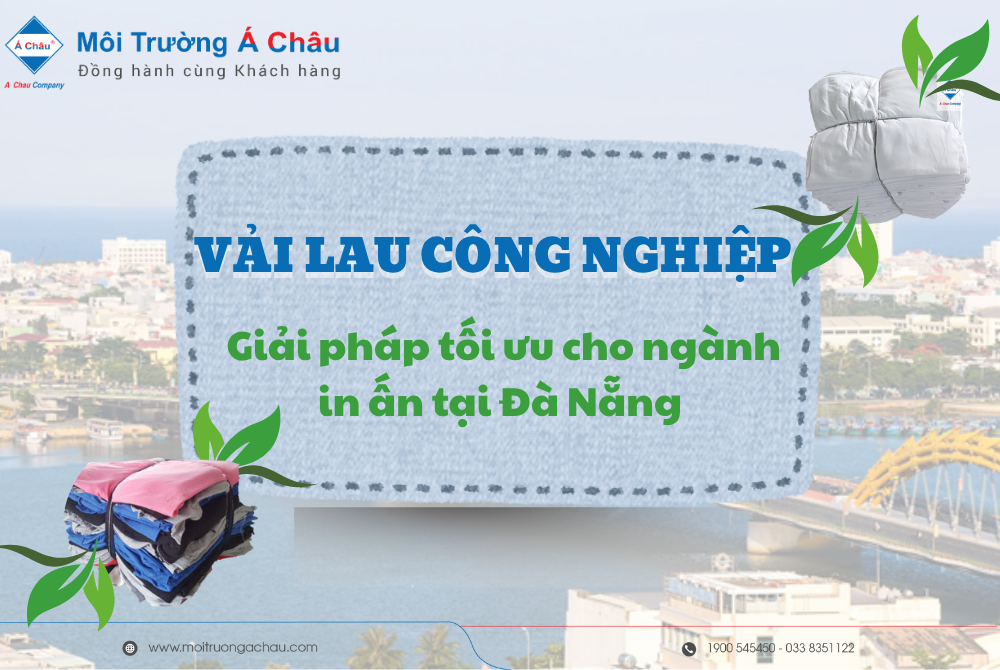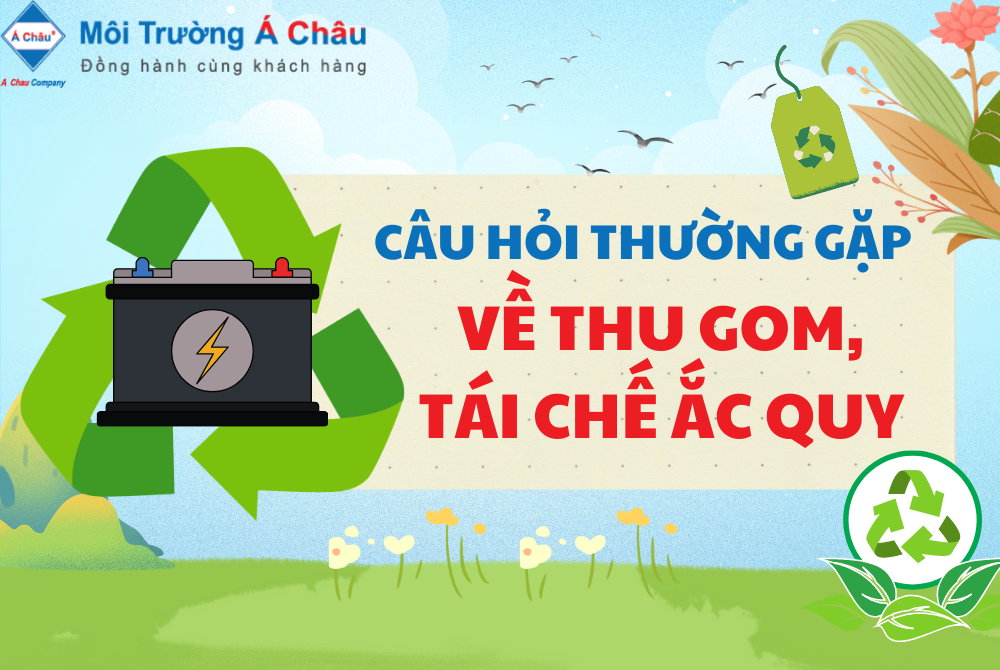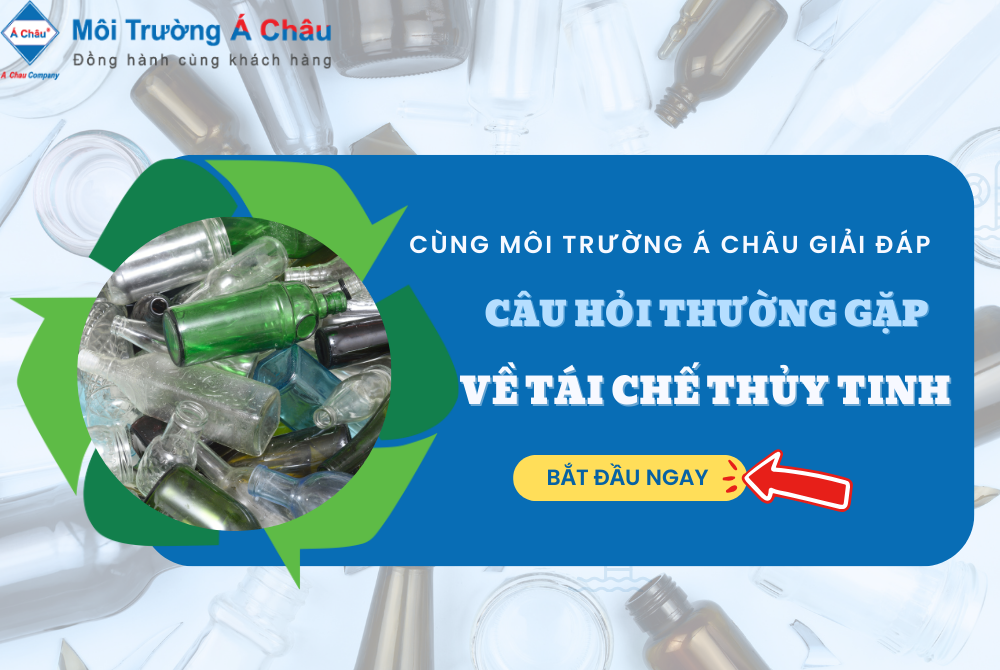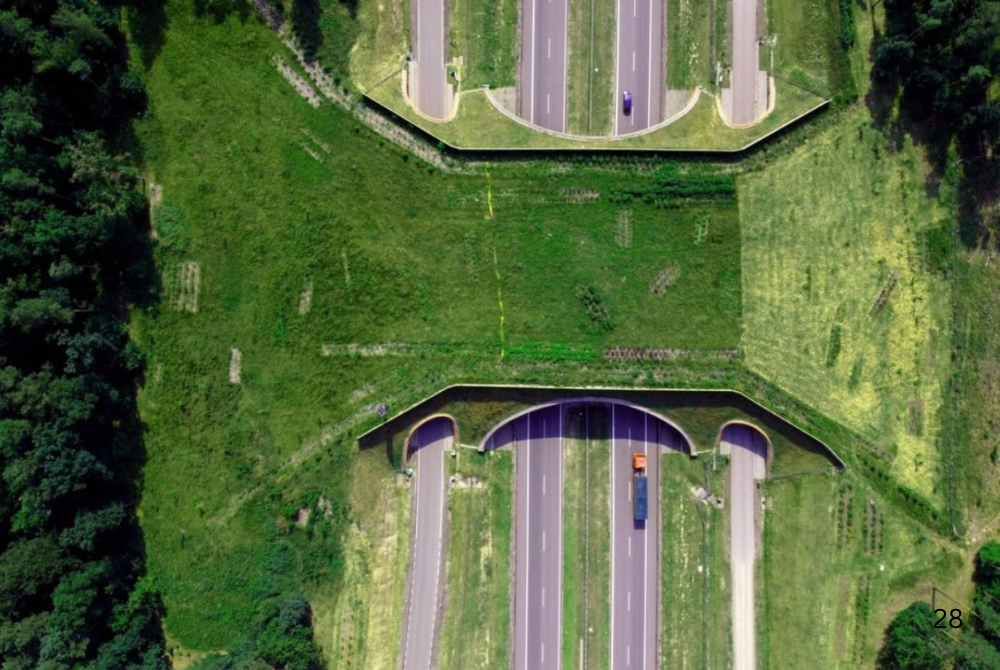Recycling penalty regulation is a strength that boosts the Vietnamese recycling market!
When Extended Producer Responsibility (EPR) went into effect in early 2024, and the list of recyclers was revealed in February, Vietnam's recovery market became unstable.
From January 1, firms producing or importing tyres, batteries, acrylic, viscous oil, and specific product packaging will be obliged to do EPR as a percentage of the recycling requirement under the provisions of the Law on Environment Protection (LOEP) and Decree No. 08. The Ministry of Natural Resources and Environment (MONRE) has released a list of 24 recycling facilities capable of recycling a diverse variety of goods, packaging, and environmental protection criteria.
New regulations require domestic businesses to collect and purchase waste credits at the required rate, and suppliers must demonstrate sufficient collection to meet demand, with the rubbish collection rate changing after three years.

Vietnam's recycling market is shaking as the EPR comes into force in early 2024.
Currently, Duy Tan Recycling is one of 12 facilities in the South that can recycle plastic... This facility, which began operations in 2019, has led the way in the demand for recycled material. Therefore, it has invested in equipment chain systems, sewage treatment systems, and cutting-edge technological applications to ensure that exportable output and waste are environmentally friendly. The facility produces two primary products: rPET bio-plastic particles for food packaging and rHDPE for cosmetic packaging.
Duy Tan Recycling collects around 30,000 tons of plastic garbage each year. Mr Le Anh, Director of Sustainability at Duy Tan Recycling Company, stated that an additional production line would be installed in early April, increasing the plant's capacity to handle plastic waste to 60,000 tons/year, doubling its current capacity and soon reaching its maximum capacity of 100,000 tons/year. In the first two months of the year, the business sold 70% of its plastic credits, which included the ability to collect and treat plastic waste.
In the list of recycling units, there are 2 organisations authorised to recycle, including the Association of Motorcycle Manufacturers (VAMM) in Vinh Phuc Province (for recycled products, packaging such as acrylic, batteries, tyre seeds, viscous oil and transportation), the Pro Vietnam Packaging Recycling Company (PRO) in HCM City, and packaging recovery.
The mechanism allows a variety of products to be collected through these 2 organisations to buy waste collection credits as a way to contribute to the environmental protection fund. This is also a popular way of doing it, given the limited capacity of recycling plants in Vietnam.
Mr. Nguyen Viet Anh, President of the Vietnam Waste Recycling Association (VWRA), stated that the list was initially released to recognise the unit's capacity, technology, and compliance with environmental protection regulations in recycling activities. The recycled plastic credit market is viewed as a strategy for governments to minimise plastic waste pollution while also promoting more sustainable manufacturing and consumption.

The waste recycling market is entering a new phase with a sharp shift in the perception that waste is also a resource.
In fact, before the EPR from the Ministry's regulation, the market was attacked by many who sought to put recycled plastic bottles into use. Some FDI companies in the entertainment industry, which consume large amounts of plastic (PET) bottles, have been producing "Recycling Me" bottles for years.
Compared to FDI enterprises, Vietnamese manufacturing and trade enterprises are more embarrassed because they are not financially prepared for this emergence, and the cost of recycling is small. Many say they're waiting for more feasible guidance on environmental compliance.
According to Mr. Nguyen Hong Quan, Chief of the Institute of Circular Economy, they tend to carry out their responsibilities of collecting and supporting workers rather than just contributing a sum of money to environmental protection funds. So, the potential for recycling is vast.
Currently, the process in Vietnam has stopped with the requirement of compulsory liability that the use of recycled products is still voluntary. However, according to experts, the EPR program, based on the polluter pays principle, internalises the end-of-life management costs of materials, including collection and recycling.
Many organisations, including individuals, argue that in order to reach waste recycling targets, it is necessary to encourage the collection of plastic waste in the informal sector - an essential link in Vietnam's recycled industry. Through this, we promote the model of segregation, collection and recycling of waste in projects deployed in Vietnam.
Besides, the uncertainties in the segregation of waste at the source have resulted in high waste levels. This ratio is high even with many large manufacturing plants, even though they've built a system of pick-up stations from scratch and sorting and cleaning. Usually, low-quality plastic bottles have to be removed to make a lower-grade product, sold at a lower price than the price of the raw material.
Mr. Le Anh said that contaminated water bottles increased the amount of waste that was collected. For instance, when collecting 100 tons of plastic, Duy Tan Recycling produced only about 60 tons of plastic that could be produced, with a deficit rate of up to 40%, which is relatively high compared to the world. This explains why recycled plastics are more expensive than virgin plastics.
The Vietnamese market faces challenges due to the diverse plastic bottle components, including lids, trunks, and labels. Standardised materials are easier to recycle, but clean and simple plastic is crucial for immediate recycling and maximum use. This is especially important for the Vietnamese market.
The collection of hazardous waste, such as old batteries and electronic waste, is challenging due to the reliance on bottle-pickers and spontaneous facilities. This results in a small volume of electronic equipment compared to the tens of thousands of tons of electronic waste released annually. Most battery waste is collected through environmental projects.

Promote waste sorting, collection and recycling models in projects deployed in Vietnam.
Besides the difficulties, it also brings opportunities and business ideas. Now, some units have strengthened the more efficient collection of plastic waste, encouraging the recycling of plastic into high-quality derivatives for profitability.
The publication of lists of producers, importers, and stakeholders will provide the market with clear information about recycling units that meet environmental protection requirements, creating a reliable database for stakeholders to choose the right facility and encouraging supply chain cooperation.
At the same time, manufacturers, importers, and recycling units work together to create a sustainable supply chain that will help optimise resource use and reduce waste.
Source: Moitruongvadothi.vn
